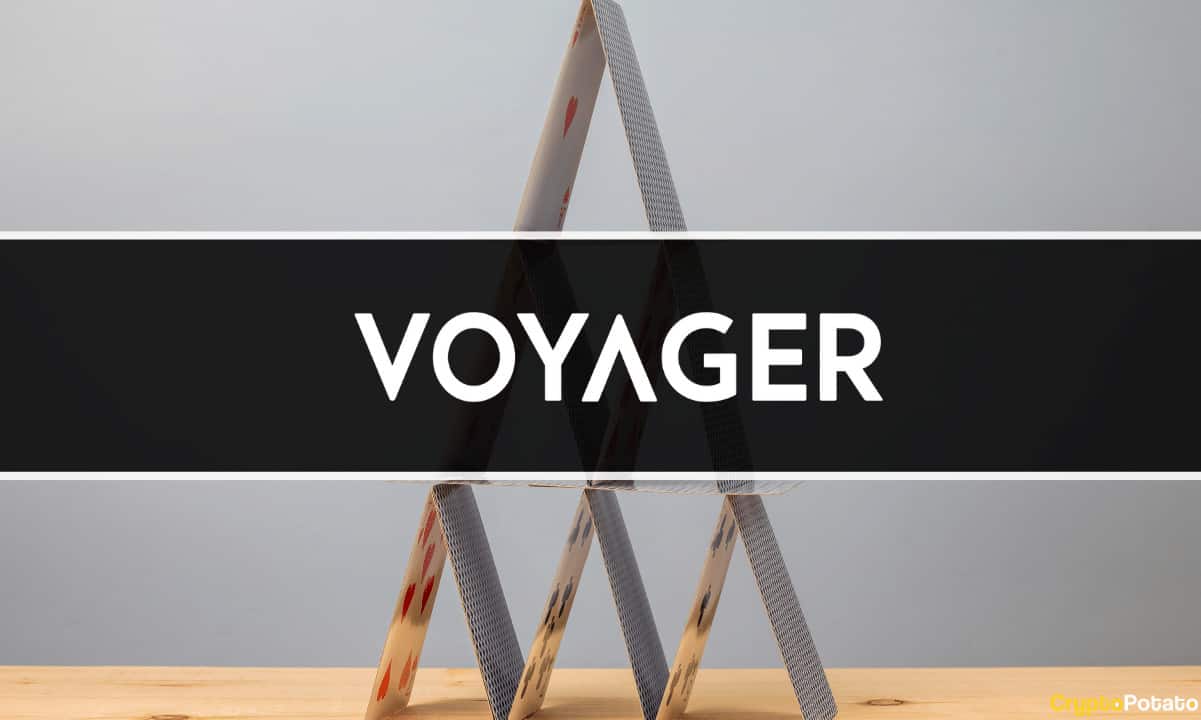

The insolvent crypto brokerage firm Voyager has been contacted by both the Federal Reserve and Federal Deposit Insurance Corporation (FDIC). Both bodies have demanded that the company correct all misleading statements it has previously made concerning the deposit insurance coverage of Voyager and its customers.
False Claims from Voyager
In a joint press release on Thursday, the Fed and FDIC called out Voyager for various “false and misleading” claims spread across its social media accounts, mobile app, and websites.
These included claims that Voyager was FDIC protected, and that Voyager customers would receive FDIC coverage for all deposited funds. The firm also claimed that the FDIC would insure customers against the failure of Voyager itself.
The authorities believe customers relied upon this “misleading information” when offering their funds to Voyager, which have since been frozen indefinitely.
“The Federal Deposit Insurance Act prohibits any person from representing or implying that an uninsured deposit is insured or from knowingly misrepresenting the extent and manner in which a deposit liability, obligation, certificate, or share is insured under that Act,” explained the release.
The FDIC is meant to protect customer deposits in the case of a banking institution’s insolvency, usually up to $250,000. It’s also responsible for ensuring banks around America comply with consumer protection laws like the Fair Debt Collection Practices Act and Truth in Lending Act.
While the FDIC covers customers’ savings, checking, and money market deposit accounts at insured banks, it does not insure them on stock and bonds, or investment accounts.
ADVERTISEMENT
What Protections Can Customers Expect?
Voyager released a response to public scrutiny along the same lines earlier this month, clarifying what protections its customers have. As officials recognized in Thursday’s statement, Voyager stated that customers’ USD deposits were insured and set to be returned to their owners.
All such deposits are held with the Metropolitan Commercial Bank (MCB) of New York – an FDIC-insured entity. However, customers are not protected against the failure of Voyager itself, nor its custodians, as its website once implied.
Furthermore, the company could offer no guarantees on what portion of customers’ crypto deposits could be returned. According to its customer agreement, rules and regulations surrounding customers’ right to cryptocurrency amidst insolvency are “unclear”.
As of mid-July, Voyager’s plan-in-progress was to compensate customers using a combination of crypto, Voyager tokens, Three Arrows Capital recovery proceeds, and shares in a newly established firm.
Binance Free $100 (Exclusive): Use this link to register and receive $100 free and 10% off fees on Binance Futures first month (terms).
PrimeXBT Special Offer: Use this link to register & enter POTATO50 code to receive up to $7,000 on your deposits.
The post appeared first on CryptoPotato






